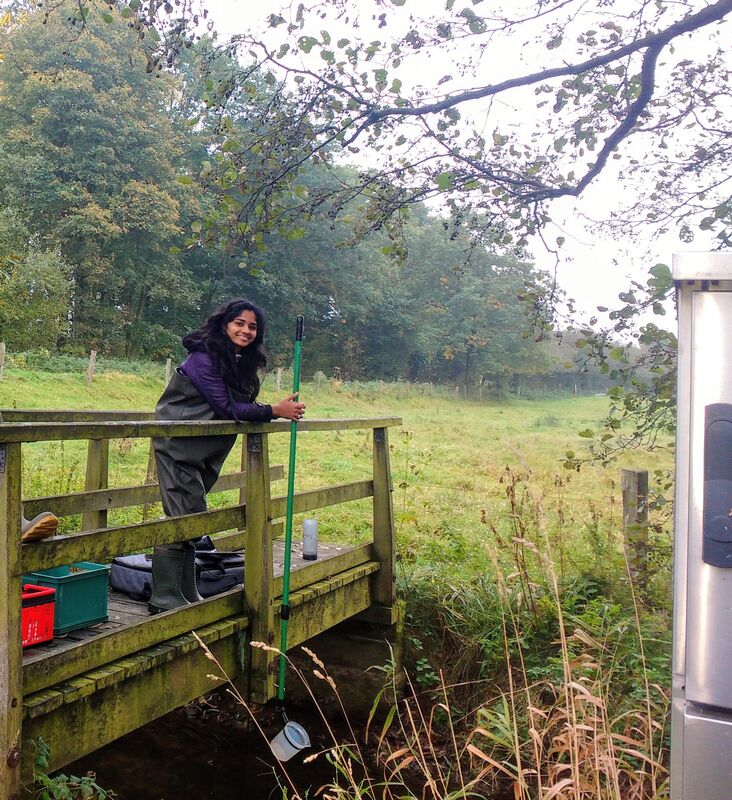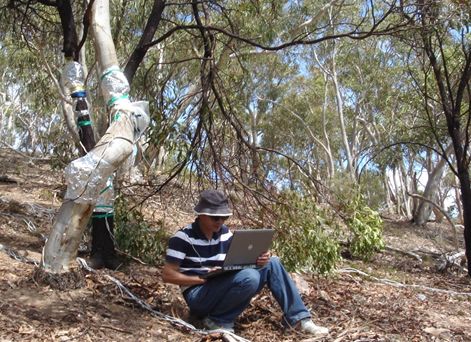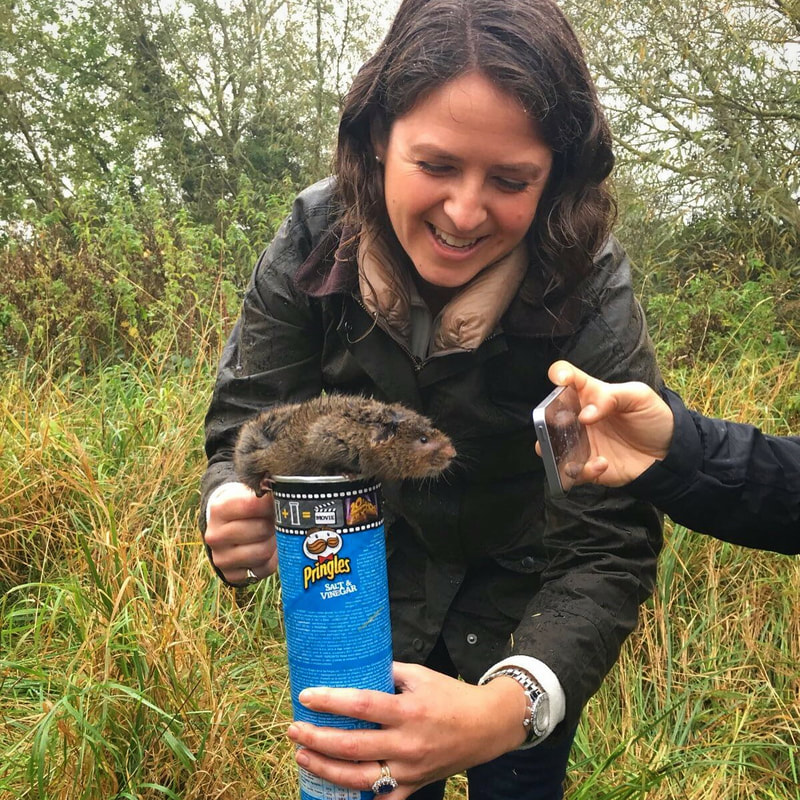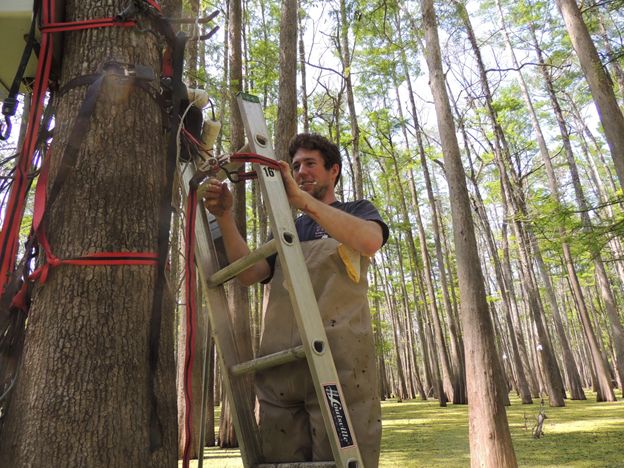To me, ecohydrology is a complex interdisciplinary science that deals with the two-way interactions between water and ecological entities. It helps us understand the various terrestrial and in-stream biophysicochemical processes that alter the way hydrology affects the surrounding environment and vice-versa. It not only captures the substantial research conducted across two broad fields of hydrology and ecology, but also finds essential links between the two areas that are necessary to study their converging implications on the environment. As a water resources engineer focusing on sustainable development, I consider ecohydrology to be the core discipline that brings together scientists, engineers and policy makers to develop solutions that are environmentally and ecologically sustainable.
What are your undergraduate and graduate degrees in?
I have a Bachelor’s degree in Civil Engineering from College of Engineering Trivandrum, India. I received my Master of Technology degree in Hydraulics and Water Resources Engineering from Indian Institute of Technology Madras, India. Before joining for PhD at Purdue University, I spent two years in India working for a multinational consulting firm (Atkins) and International Water Management Institute. I graduated from Purdue University this year with a PhD in Agricultural and Biological Engineering.
How did you arrive at working in/thinking about ecohydrology?
Coming from a ‘water resources-rich yet water-deficit’ country, I got interested in learning about hydrology and water quality early on in my academic career. The fact that even the places receiving considerable amount of annual rainfall in India experiences drought and poor water quality issues is a huge example of inefficient water and land management. This motivated me to dig deeper into the field of ecohydrology, focusing more on how land use and land management affects downstream water bodies in terms of both water quantity and quality. My exposure to study watersheds in the US and Germany further encouraged me to look at this topic from different perspectives and helped me learn how various best management practices used in these countries can alleviate water pollution to a great extent. My continued interest in in-stream nutrient dynamics led to my PhD research where I started conducting field studies to understand stream ecohydrology and nutrient-algae interactions in greater depths and to develop models that can predict this behavior appropriately.
What do you see as an important emerging area of ecohydrology?
I think ecohydrology in itself will soon emerge as a strong discipline of study helping students in both science and engineering to have specializations in these fields. Ecohydrology is one of the areas where the research outcomes can have immediate societal and environmental impacts if implemented properly. More effort is required to bring together ecologists, hydrologists, policy makers and other stakeholders who can work collectively to develop and propose strategies/solutions that will resolve real-world issues, at both small and large scales. When we have engineers willing to learn more about the science behind things, and scientists agreeing to listen to the ideas put forth by engineers, we can come up with better, sustainable and more realistic answers to our ecohydrological problems.
Do you have a favorite ecohydrology paper? Describe/explain.
There are several papers in ecohydrology that stands out as landmark studies. One of my favorites is the widely popular paper on ‘The River Continuum Concept’ by Vannote et al. (1980). This paper is one of the pioneer works that played a big role in shaping the research carried out in ecohydrology field for many decades. The concept mentioned in the paper explains how streams work as a continuum instead of a static body of water and details about the changes in chemical and biological attributes within a stream as we move downstream along any flowing water body. Besides looking at the stream dynamics, this paper also provides hypotheses regarding the interactions between stream and terrestrial systems. I think this paper is a perfect example of how ecohydrology as a field encourages researchers to take a holistic approach by incorporating both ecology and hydrology to learn about land/water systems.
What do you do for fun (apart from ecohydrology)?
Dancing has always been my favorite hobby. It is one of the things that helps me remain stress-free. Now that I have moved back with my family, I also spend a lot of time cooking, doing home improvement projects and gardening.




 RSS Feed
RSS Feed